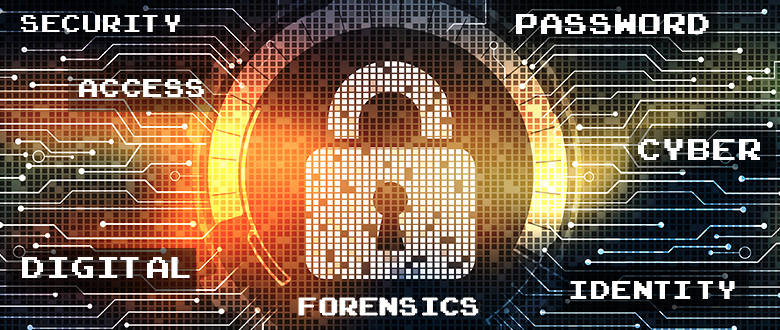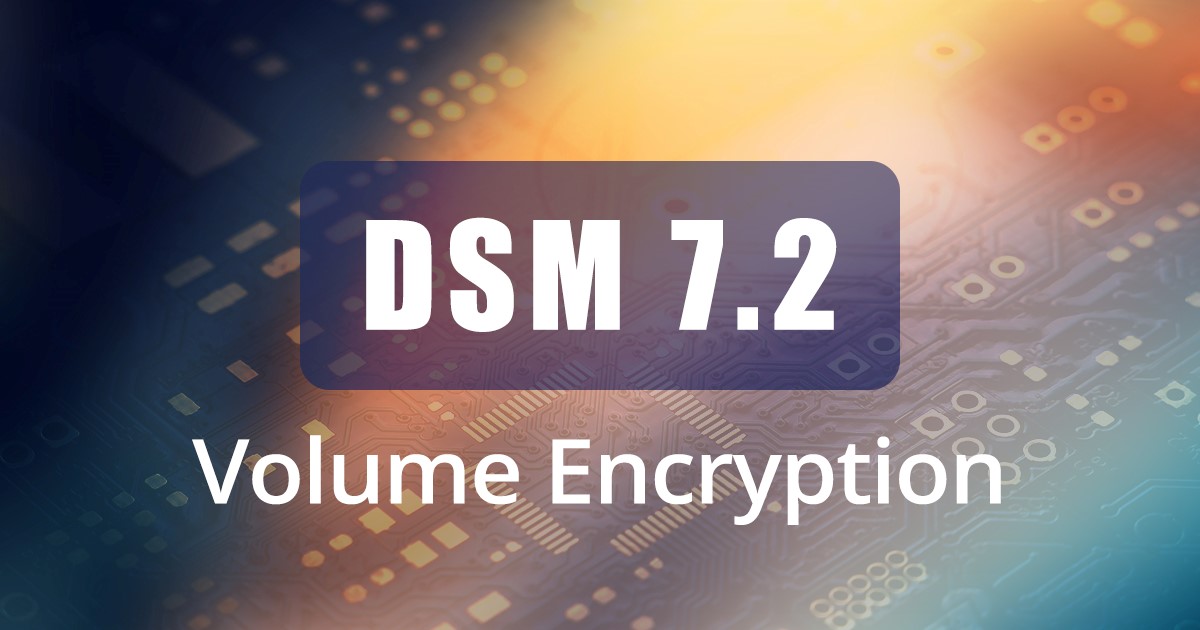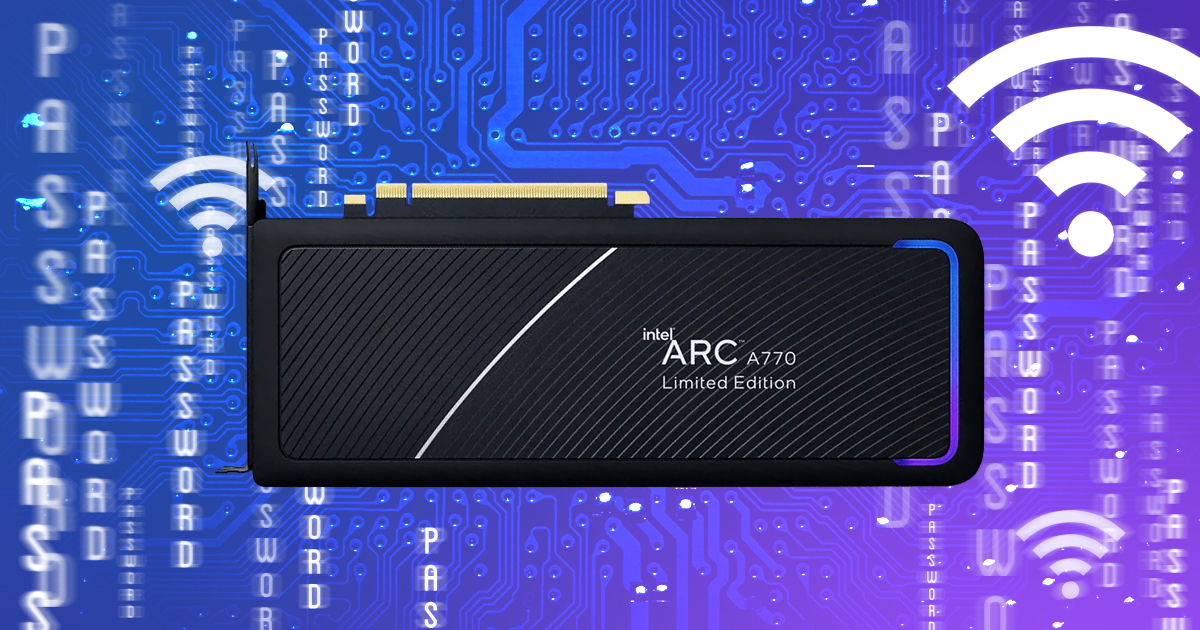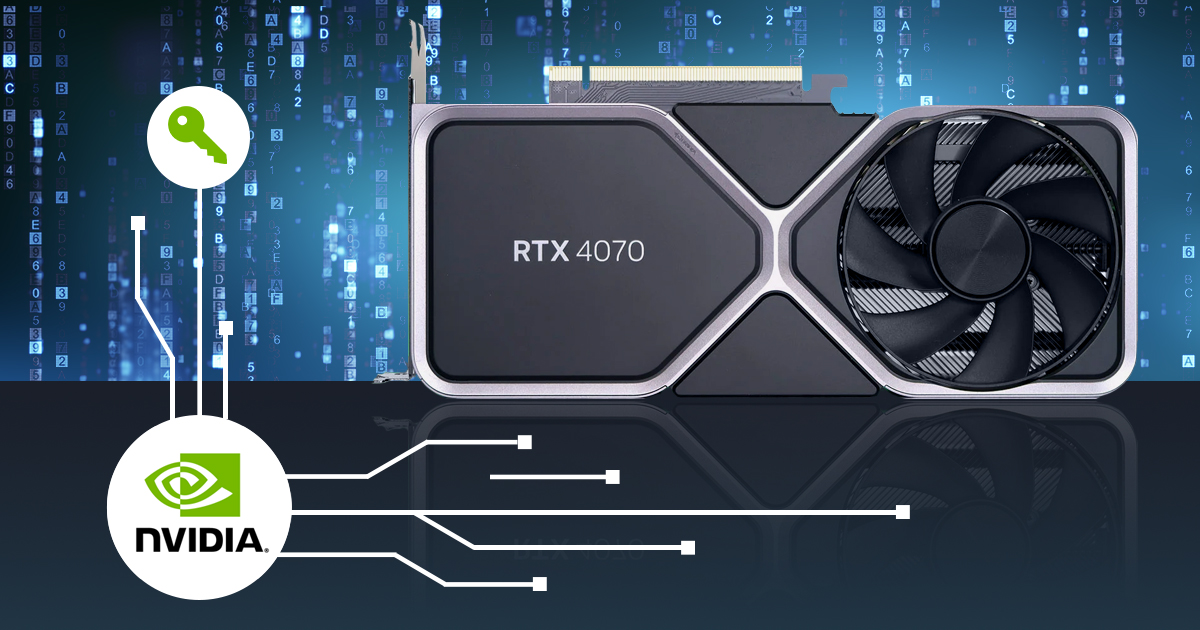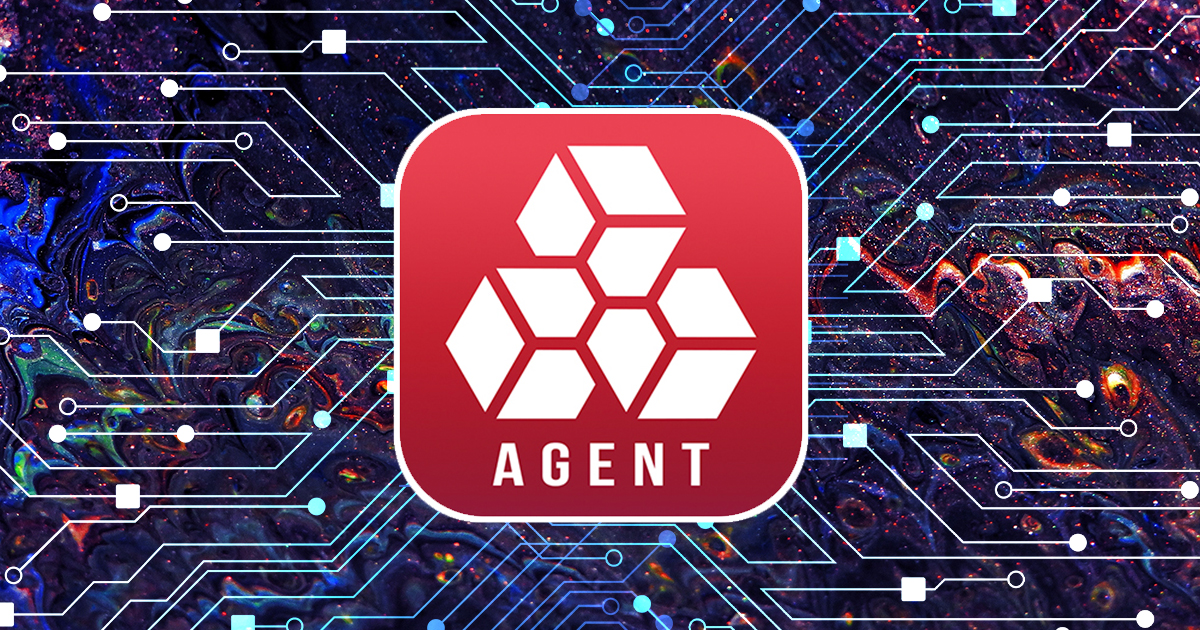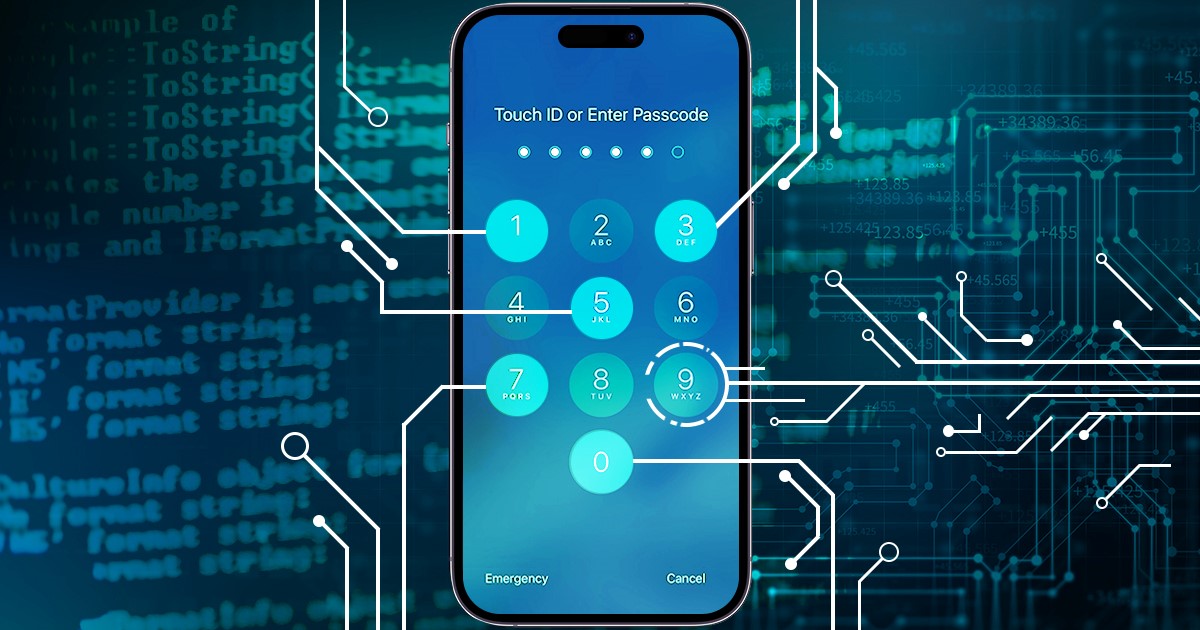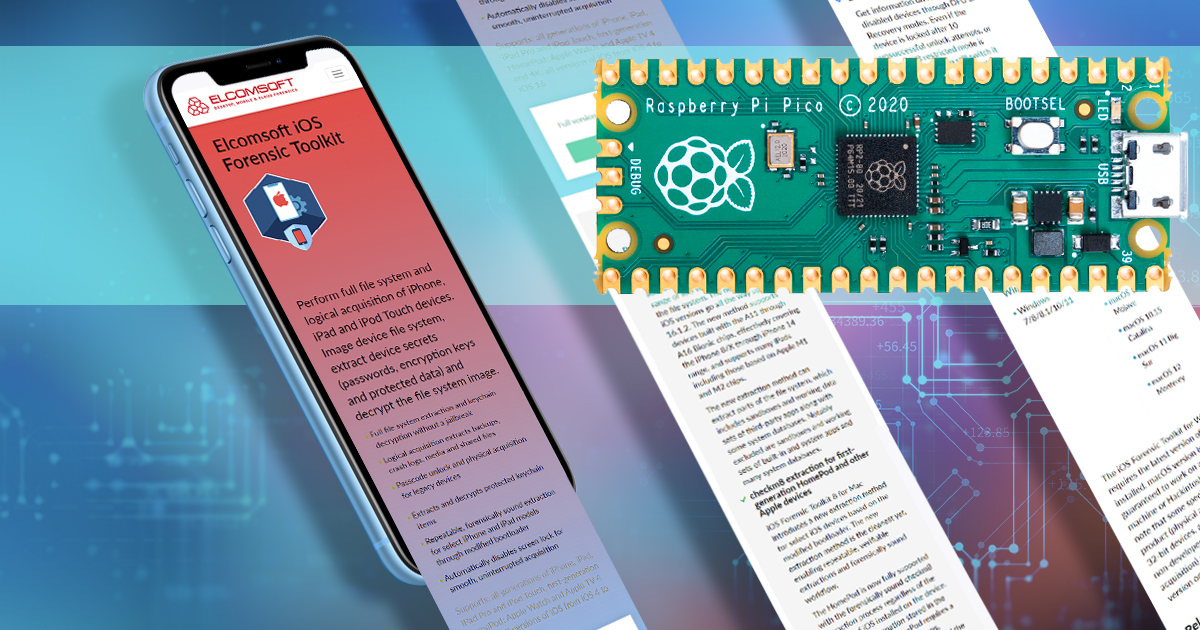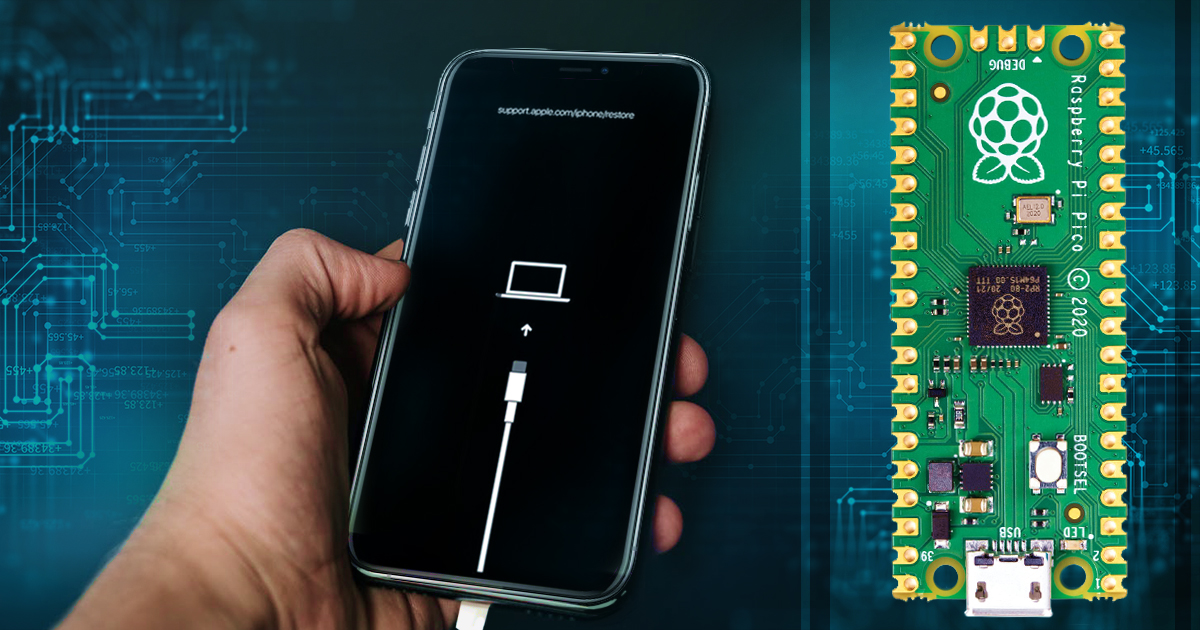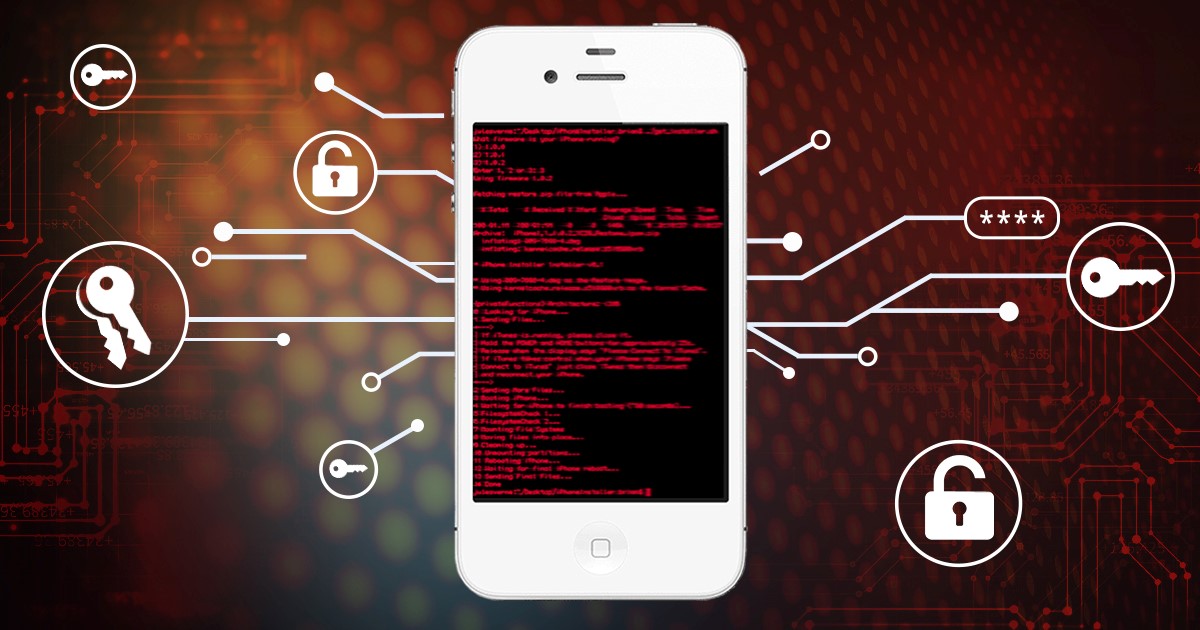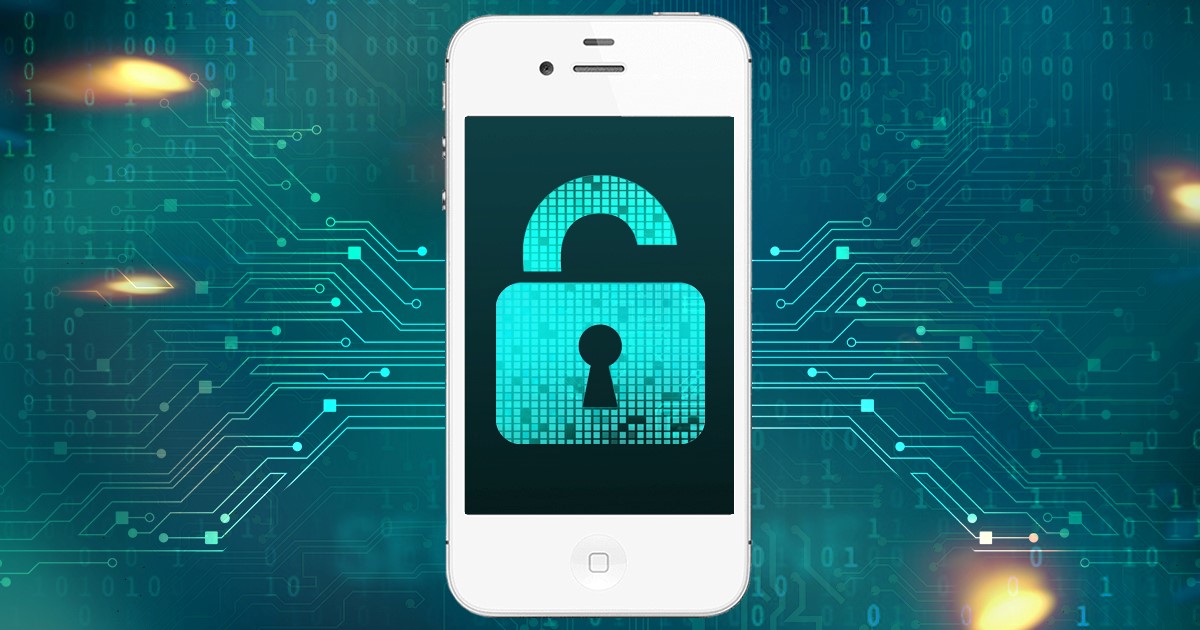February 18th, 2026 by Oleg Afonin
The discipline of digital forensics and incident response relies fundamentally on the persistent, systemic traces left by both legitimate users and malicious actors. The Windows Event Log system serves as a primary chronological record of operating system activity, capturing security events, application behaviors, service and driver activity, and user authentication telemetry. Due to the immense volume of background events generated by Windows 10 and Windows 11, isolating forensically relevant artifacts is a highly specialized task. A comprehensive understanding of this logging mechanism is often decisive when reconstructing an incident timeline.
Read the rest of this entry »
